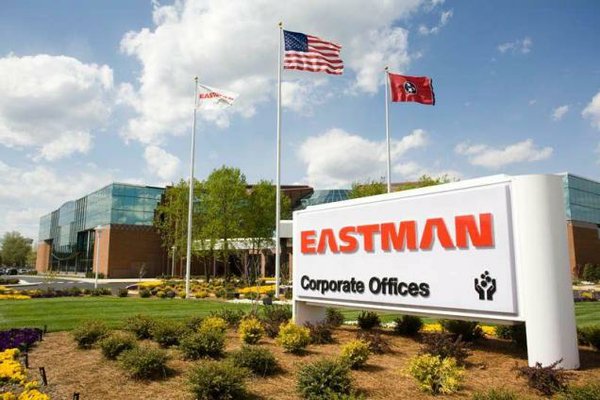
Eastman to Build Plastic-to-Plastic Molecular Recycling Facility in Tennessee
Press Release from Tennessee Department of Economic and Community Development
KINGSPORT, Tenn. – Tennessee Gov. Bill Lee, Department of Economic and Community Development Commissioner Bob Rolfe and Eastman officials announced today that the company will build one of the world’s largest plastic-to-plastic recycling facilities at its site in Kingsport, Tenn.
A global leader in plastics, chemicals and fibers, Eastman will invest approximately $250 million in the facility over the next two years, which will support the company’s commitment to addressing global waste solutions and mitigating challenges created by climate change, while also creating value for its stakeholders.
The facility, which is expected to be mechanically complete by year-end 2022, will contribute to Eastman achieving its ambitious sustainability commitments for addressing the plastic waste crisis, which includes recycling more than 500 million pounds of plastic waste annually via molecular recycling technologies by 2030. The company has committed to recycling more than 250 million pounds of plastic waste annually by 2025.
Through methanolysis, Eastman’s new world-scale facility will convert polyester waste that often ends up in landfills and waterways into durable products, creating an optimized circular economy.
Utilizing Eastman’s polyester renewal technology, the facility will use over 100,000 metric tons of plastic waste that cannot be recycled by current mechanical methods to produce premium, high-quality specialty plastics made with recycled content. This process of using plastic waste as the main feedstock is a true material-to-material solution and will not only reduce the company’s future use of fossil feedstocks, but also reduce its greenhouse gas emissions by 20–30 percent relative to fossil feedstocks.
Eastman was one of the pioneers in developing methanolysis technology at commercial scale and has more than three decades of expertise in this innovative recycling process. Eastman’s experience with methanolysis makes it uniquely qualified to be a leader in delivering this solution at commercial scale. Advanced circular recycling technology can be an especially impactful solution, as low-quality polyester waste that cannot be mechanically recycled and would typically be diverted to landfills, incineration or end up in the environment can instead be recycled into high-quality polyesters suitable for use in a variety of end-use durable applications.
Over the last five years, TNECD has supported more than 40 economic development projects in Northeast Tennessee, resulting in approximately 4,700 job commitments and $773 million in capital investment.

